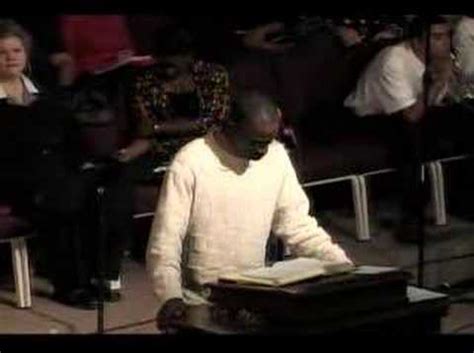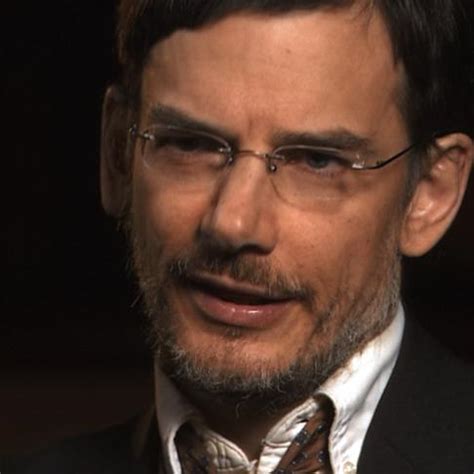A Quote by Albert Einstein
I believe that whatever we do or live for has its causality; it is good, however, that we cannot see through to it.
Related Quotes
Providence is wonderfully intricate. Ah! You want always to see through Providence, do you not? You never will, I assure you. You have not eyes good enough. You want to see what good that affliction was to you; you must believe it. You want to see how it can bring good to the soul; you may be enabled in a little time; but you cannot see it now; you must believe it. Honor God by trusting Him.
I have just been through the process of killing a cistudo for the sake of science; but I cannot excuse myself for this murder, and see that such actions are inconsistent with the poetic perception, however they may serve science, and will affect the quality of my observations. I pray that I may walk more innocently and serenely through nature. No reasoning whatever reconciles me to this act. It affects my day injuriously. I have lost some self-respect. I have a murderer's experience to a degree.
In whatever country you live, however young or inadequate you feel, or however aged or limited you see yourself as being, I testify you are individually loved of God, you are central to the meaning of His work, and you are cherished and prayed for by the presiding officers of His Church. The personal value, the sacred splendor of every one of you, is the very reason there is a plan for salvation and exaltation.
To believe straight away is foolishness, to believe after having seen clearly is good sense. That is the Buddhist policy in belief; not to believe stupidly, or to rely only on people, textbooks, conjecture, reasoning, or whatever the majority believes, but rather to believe what we see clearly for ourselves to be the case. This is how it is in Buddhism.
People who believe their unquestioned thoughts cannot see what is obvious and directly in front of their faces at all times, because they are invested in what they believe to be true. As long as they live out of an unquestioned mind, they must continue to argue with what they believe is happening rather than the reality of what is really happening.
As readers, we remain in the nursery stage so long as we cannot distinguish between taste and judgment, so long, that is, as the only possible verdicts we can pass on a book are two: this I like; this I don't like. For an adult reader, the possible verdicts are five: I can see this is good and I like it; I can see this is good but I don't like it; I can see this is good and, though at present I don't like it, I believe that with perseverance I shall come to like it; I can see that this is trash but I like it; I can see that this is trash and I don't like it.




































